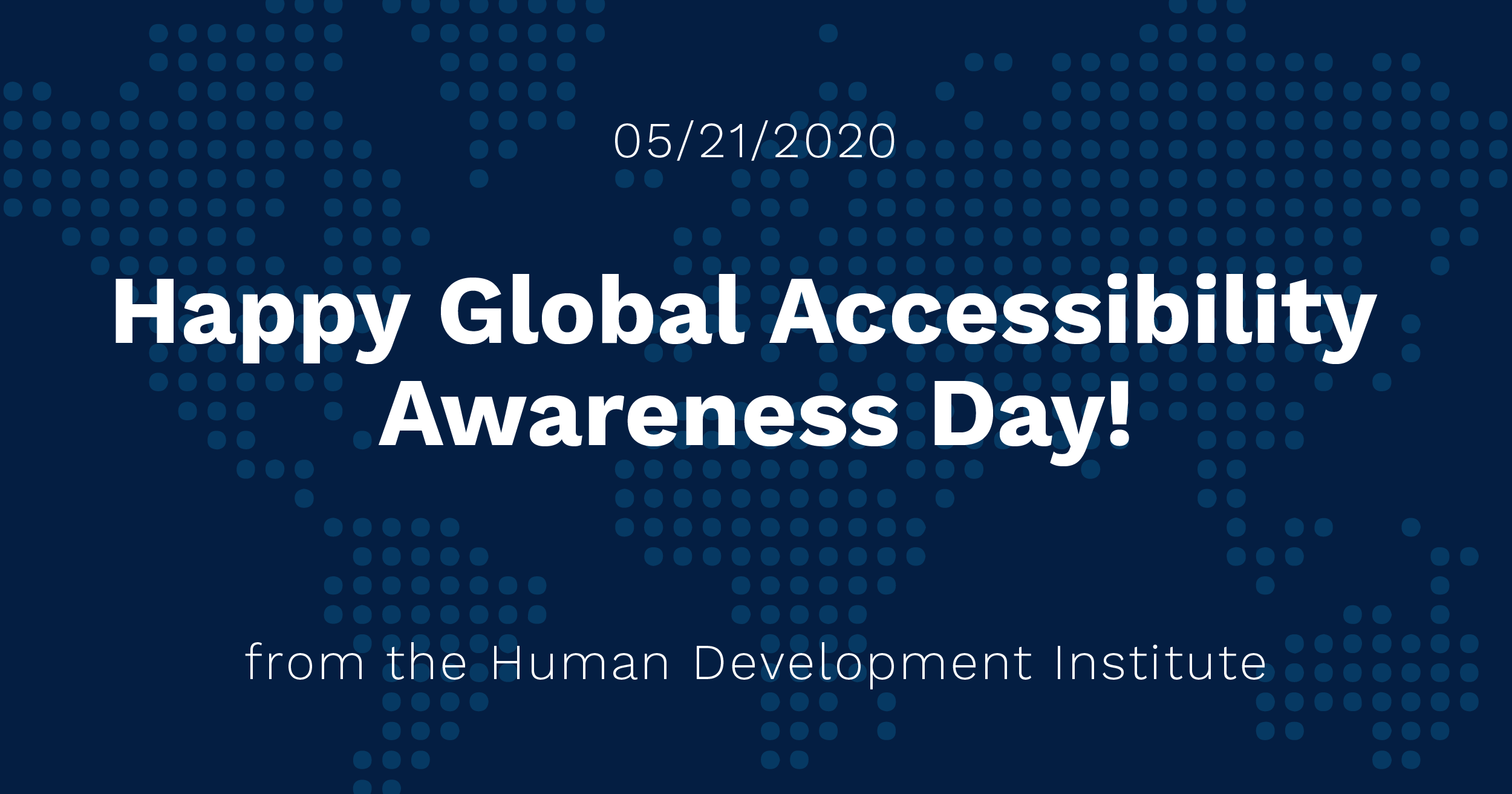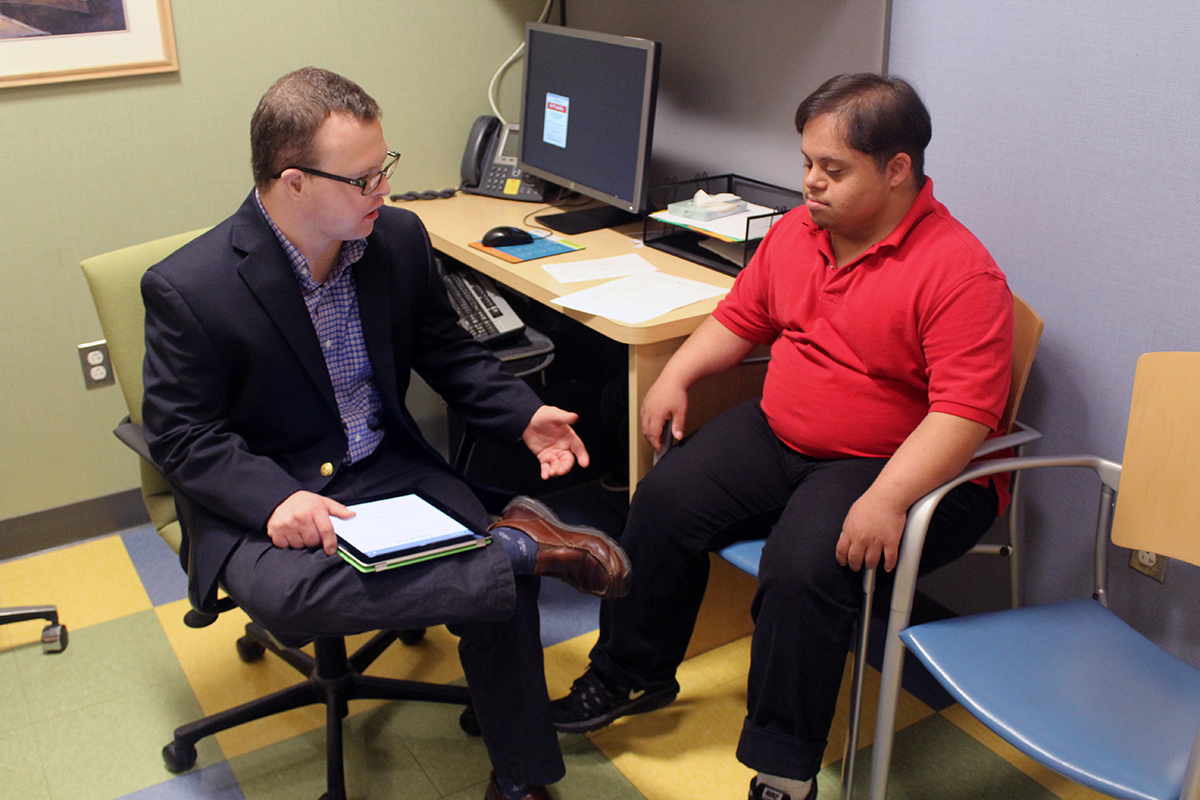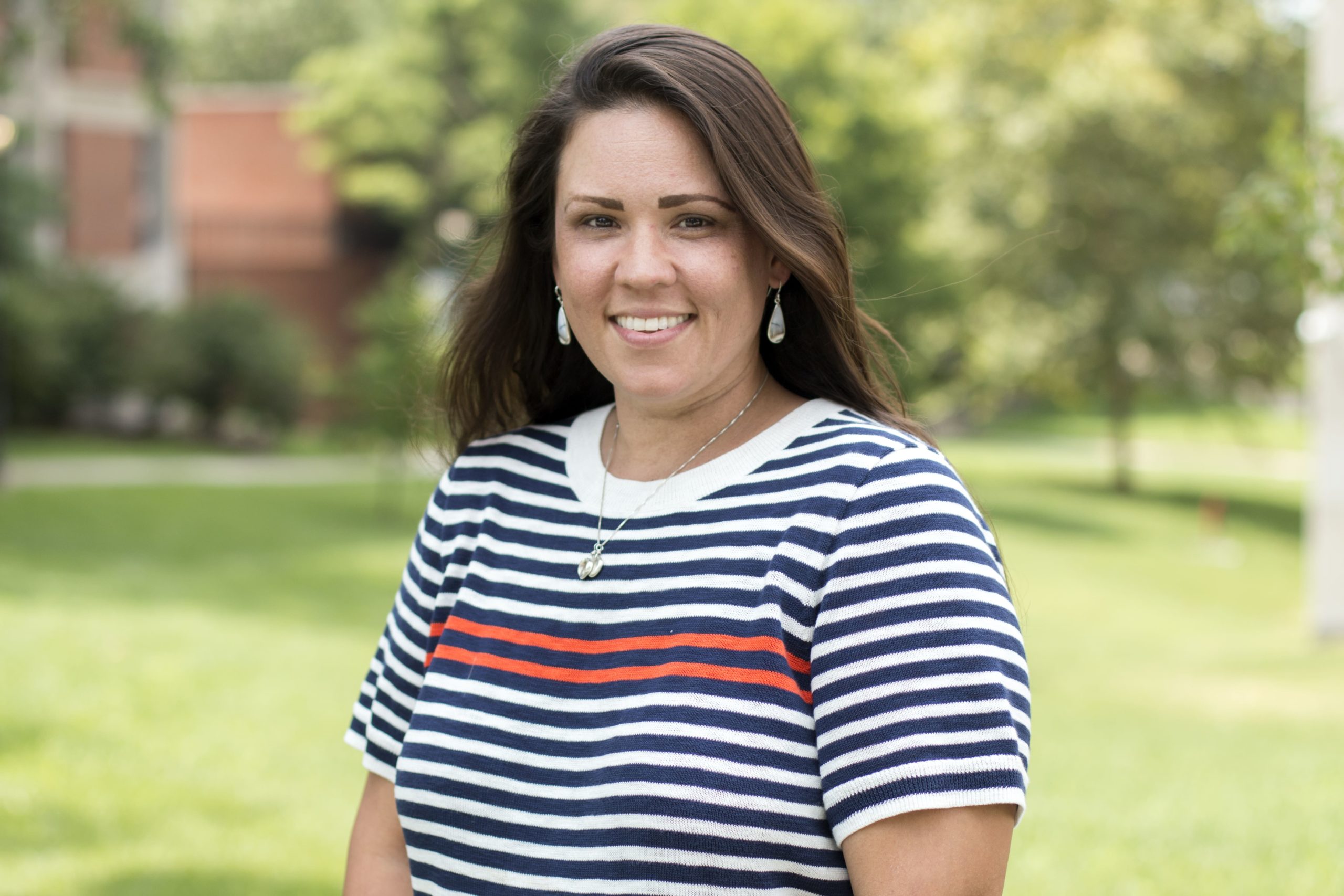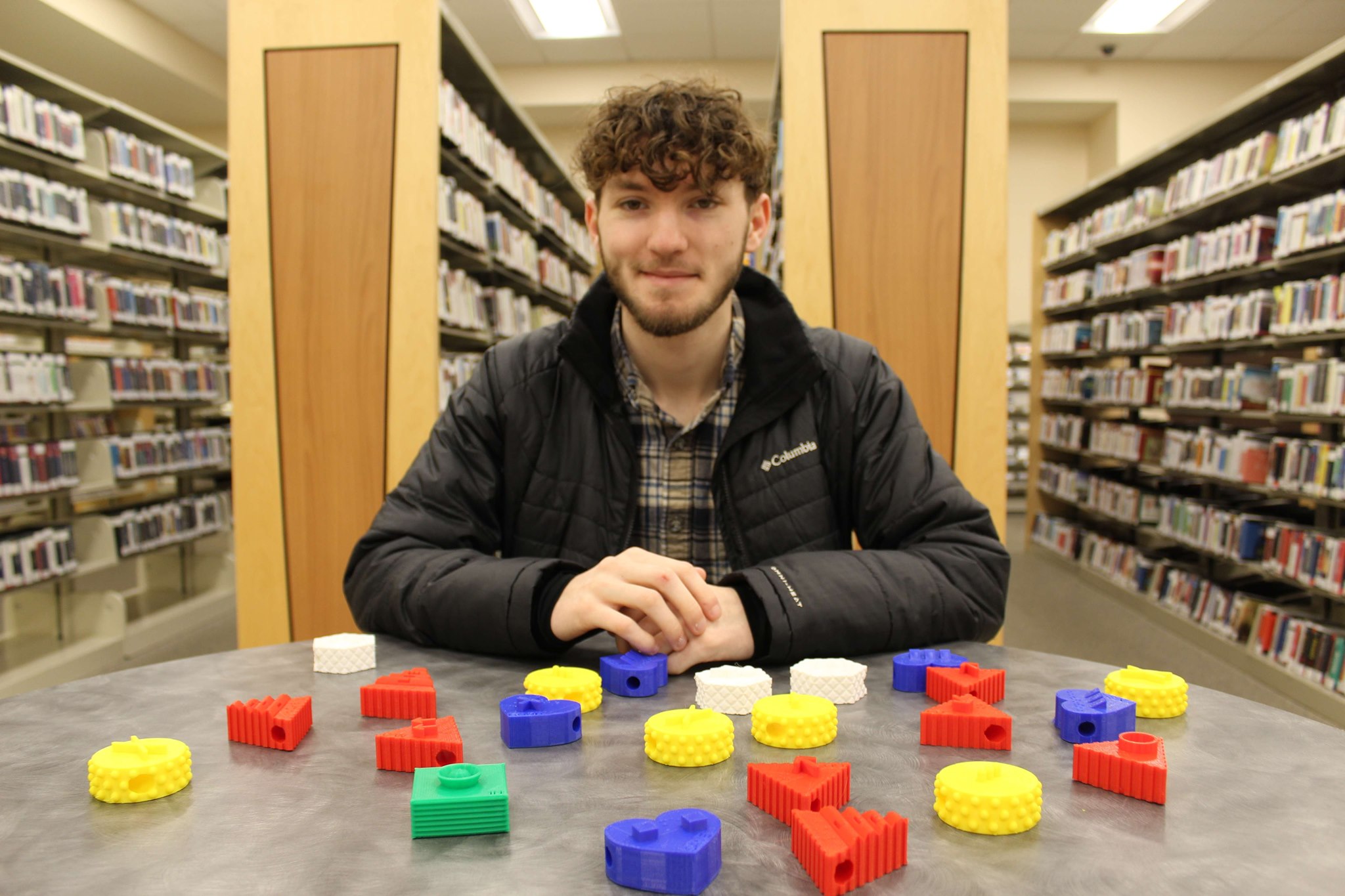Tag: assistive technology
-

Global Accessibility Awareness Day 2020
Thursday, May 21, 2020 is Global Accessibility Awareness Day (GAAD). According to the GAAD web site, the goal of this day is to talk, think, and learn about digital access/inclusion […]
-

2019 Spring Institute in Assistive Technology on March 28
On March 28, HDI CATs hosted a the FREE 2019 Spring Institute in Assistive Technology conference at the UK Student Center. The event featured sessions by experts in assistive technology, […]


